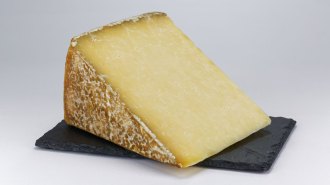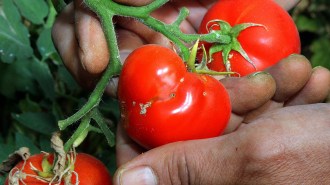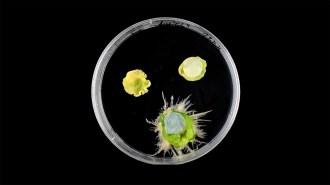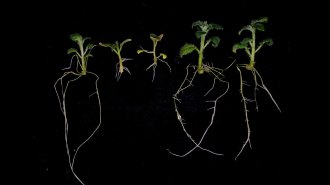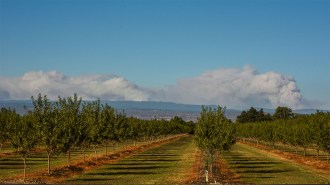Fighting fungal weapons, not fungi
Selective compounds engineered to battle crop disease, not harm beneficial species
- More than 2 years ago
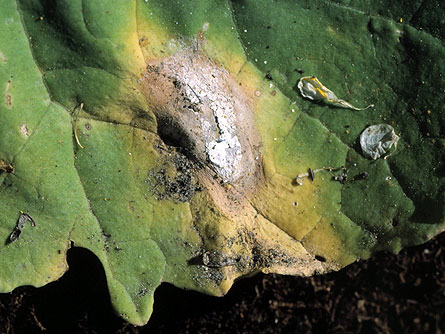
SALT LAKE CITY — Fungi don’t kill plants, fungal weapons do. So scientists are developing strategies to selectively interfere with the fungal arsenal. Researchers have created several compounds that target an enzyme that fungi use to thwart plant defense systems.
The work may lead to a class of superspecific fungicides that don’t harm beneficial organisms but still prevent destruction of crops, study leader Soledade Pedras said at a meeting of the American Chemical Society on March 23.
Plants in the mustard family include many important crops, such as the oil-producing rapeseed and canola as well as broccoli, turnip, cabbage and cauliflower. In response to stress, these plants produce brassinin, a protective chemical. But some fungi can break down brassinin, causing the damaging blackleg and black spot diseases on these valued crops.
Pedras and her colleagues from the University of Saskatchewan in Saskatoon, Canada, isolated the fungal enzyme that destroys the plants’ protective brassinins. Then the researchers evaluated nearly 80 plant compounds, screening for those that would inhibit the fungal enzyme. Camalexin, a compound from the plant commonly called false flax, was the strongest inhibitor of the fungal enzyme. Plants in the mustard family do not naturally produce camalexin, and the fungi that attack mustards seem unable to metabolize it. The scientists then used camalexin as a template to create several chemical compounds that specifically inhibit the fungal enzyme. These compounds are now being tested on several crops.
“The compounds have no antifungal activity,” said Pedras. This is good, she notes, because many fungi are beneficial for crops. “I want strictly enzyme inhibition … the beauty of these enzymes is they are incredibly selective,” she said. The research may allow agricultural scientists to be just as selective in targeting the fungal behavior that they aim to control.


